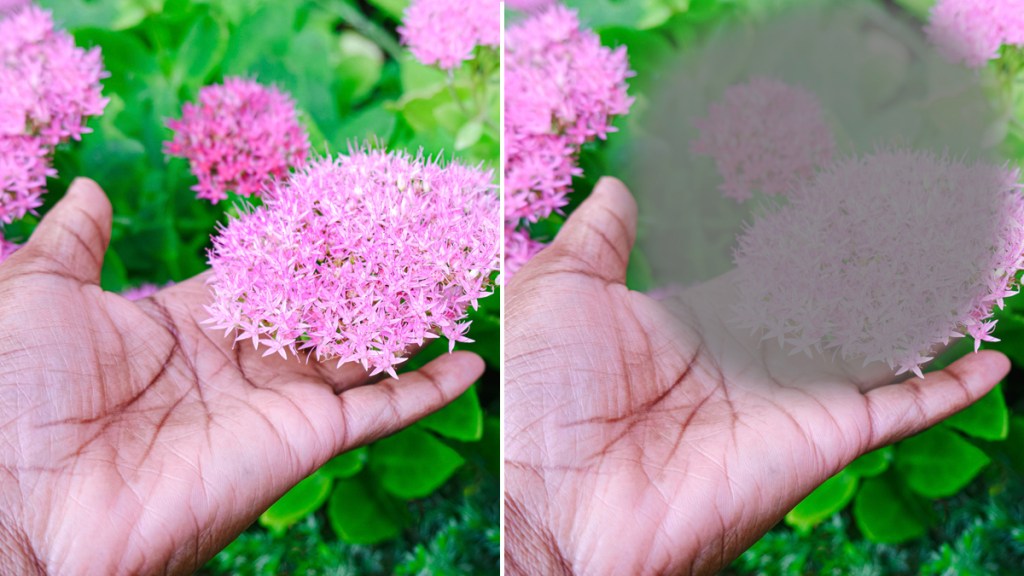What Illness Does Doc Have in ‘Virgin River’?

By now, we’re sure fans of Virgin River on Netflix have plowed through all the new episodes from season three. We still promise not to spoil any of the major cliffhangers from the finale, but there was one question from season two that got answered early on: What’s going on with Doc Mullins and his mysterious illness?
The previous season finale left viewers unsure whether the beloved grump was suffering from a life-threatening diagnosis, but it’s thankfully nothing fatal. However, Doc is coping with a serious condition called wet age-related macular degeneration (wet AMD). It’s a very real disease which, as the name suggests, causes vision loss and occurs most often in individuals over 60.
The Mayo Clinic explains that although the underlying cause isn’t known, fluid leaking from blood vessels around the retina can create issues like blurred vision and blind spots in our central vision. The organization adds that it always starts as dry AMD, which produces similar symptoms due to the layers of receptors around the retina thinning before progressing to wet AMD.
Here’s an example of how it might obstruct central vision:

In the series, there’s a lot of tension about whether Doc should undergo a treatment for the condition known as anti-VEGF — but they never really go into the details of what that actually does. The writers probably got distracted while focusing on juicier storyline details (like the brand new bomb they dropped about Doc in the last episode), but we were curious to learn more.
We spoke with Shanika Esparaz, MD, a board certified ophthalmologist and medical retina specialist, who shed a little more light on the subject. “Wet AMD is associated with abnormally high levels of a naturally occurring protein called vascular endothelial growth factor (VEGF), which may cause the eye to form leaky blood vessels that can lead to vision loss,” she says. “Anti-VEGF medicines are injected into the eye to bind to the VEGF protein and help keep these blood vessels from leaking fluid, and regular treatments can help lessen or stop the cause of vision loss associated with Wet AMD.”
Despite it being used as a dramatic plot device in the show, Dr. Esparaz assures us that anti-VEGF is well established as a safe and effective treatment. “The risks are small compared to the benefits, but all patients should speak with their doctor about whether these treatments are right or safe for them,” she says. Aside from anti-VEGF, laser therapy is another common treatment option. “It uses a beam of high-energy light to seal off or destroy leaking vessels and reduce the swelling that may be causing vision loss.”
Esparaz emphasizes making regular visits to the eye doctor to catch issues like this as early as possible. She also recommends checking out LooktoYourFuture.com for free resources on living with wet AMD and other retinal diseases.
Although we don’t have any answers for the many questions viewers are asking themselves after the season three Virgin River finale, we’re glad we could at least get to the bottom of one mystery — especially if it helps us all see life (and new episodes) clearly.













